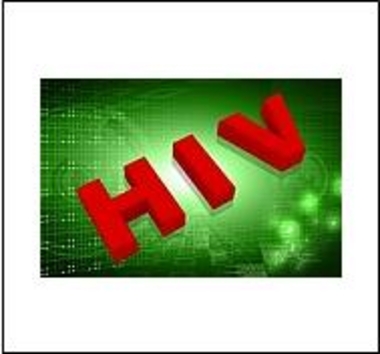An important reason to protect yourself

Since the courts have been striking down the archaic laws against same-sex marriage over and over again, I’ve noticed more pictures of happy same-sex couples with their children. For whatever reason, some of those pictures made me think about some very popular prime time television shows and movies from the past that depicted children being raised (quite well, I might add) by two or three men all living in the same house together.
Of course, those “manly” heterosexual men weren’t sure who the baby daddy was because they all had been sleeping with the same easy and conveniently absent woman who gave birth and disappeared.
However, one point of the show was that a man could step up to the task of raising a child successfully. Regardless of sexual orientation, dads are vital to the healthy development of their children. They help us develop a sense of competence and independence that the traditional mom role does not provide.
If you are currently a dad, or if a child may someday be in your future, then you have a very important reason to take protect yourself from HIV. Being HIV+ is obviously stressful, and treatment options are not always easily accessible or without serious side effects. Prevention is the best medicine.
On May 14, the Centers for Disease Control (CDC) and the U. S. Public Health Service released new clinical guidelines recommending that health care providers consider pre-exposure prophylaxis (PrEP) for patients who have a higher risk of HIV infection. These oral antiretroviral drugs taken daily help reduce the incidence of contracting the virus.
This preventative measure might be appropriate for you if you are in an ongoing relationship with someone who is HIV+, if you are a man who has had sex with other men in the last six months without using a condom, if you have been diagnosed with a sexually transmitted infection in the last six months, or if you inject illicit drugs or have sex with people who inject illicit drugs.
In spite of our best efforts in a committed relationship, accidents can happen. And if you’re not at a point in life where you want to give up sexual encounters with multiple partners, you may not be as cautious as you should be.
This newly recommended protocol might be right for you. Talk to your partner. Talk to your healthcare provider. Consider all that you have to live for and make choices that will let you live life to the fullest. To learn more about these recommendations, visit the CDC website at www.cdc.gov/hiv/prevention/research/prep/.
by Mary Turner, Gayly Columnist
The Gayly – June 8, 2014 @ 12:15pm





